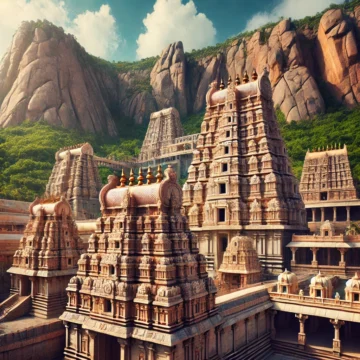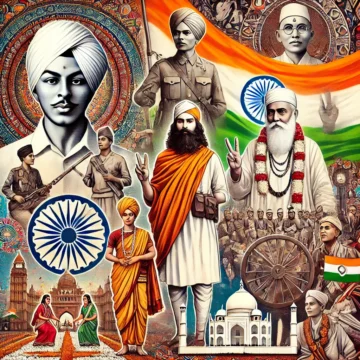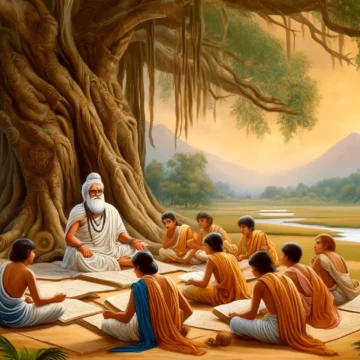Explore the magnificent Lord Venkateswara Temple, a pinnacle of divine worship and architectural grandeur. From its ancient origins in Hindu sacred lore to its profound spiritual and cultural influence, and remarkable architectural feats, join us as we uncover the essence and enduring charm of one of Hinduism's most revered sanctuaries.
Tag: Indian Cultural Heritage
Rashtriya Swayamsevak Sangh: A Pillar in Modern Hindu Society
Founded in 1925 by Dr. Keshav Baliram Hedgewar, the Rashtriya Swayamsevak Sangh (RSS) has significantly influenced India's cultural and political landscapes. Its commitment to Hindu philosophy and its extensive social services have been pivotal in shaping contemporary Hindu identity and nationalistic fervor in India's evolving socio-political fabric.
India: Historical Events of the 39th Week
Explore the transformative events of India's 39th week across centuries. From Bhagat Singh's revolutionary zeal and Sankardev's spiritual contributions to Guru Nanak's enduring teachings and the ceasefire of the 1965 Indo-Pak War, this blog illuminates how these moments have significantly shaped India's cultural and political landscapes.
Gurukul Education System: A Journey Through Time
The Gurukul Education System, deeply rooted in Hindu culture, has profoundly shaped the intellectual and spiritual landscape of India from the Vedic period to the present day. Gurukuls, traditional residential schools, offered more than just academic knowledge; they were centers of holistic learning where students received physical training, moral discipline, and spiritual enlightenment under the close guidance of a Guru. This system promoted an egalitarian approach to education, where learning was accessible to all based on merit rather than social standing, exemplified by the legendary camaraderie and schooling of Lord Krishna and Sudama. The curriculum was comprehensive, incorporating Vedic studies, mathematics, astronomy, philosophy, and the arts, ensuring a well-rounded development of students. Despite the shifts brought about by colonial influences, the legacy of Gurukul education continues to resonate in modern educational practices, emphasizing the importance of holistic development and moral values.




